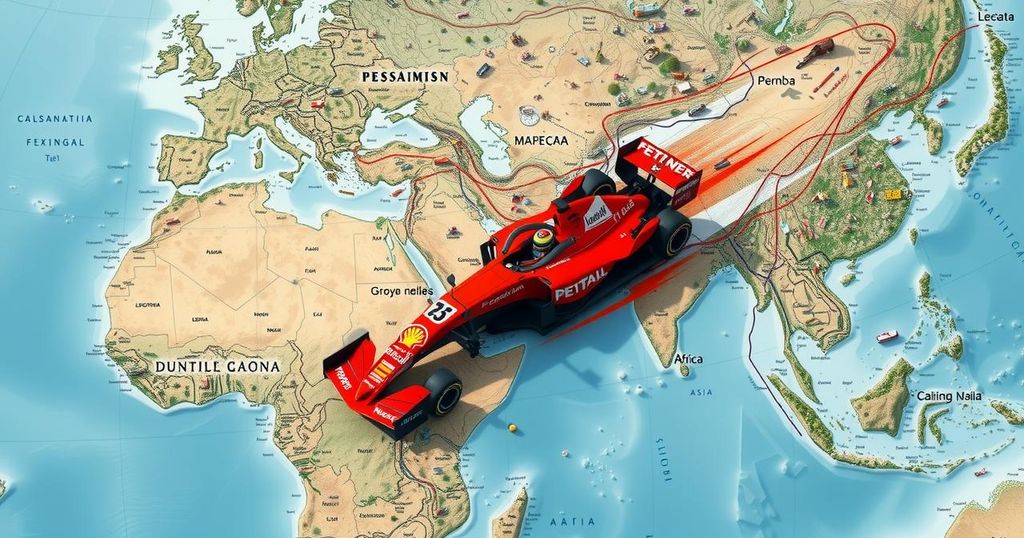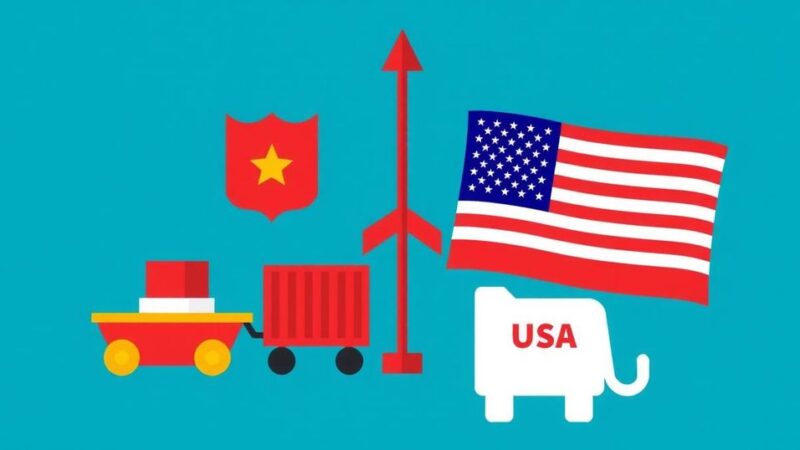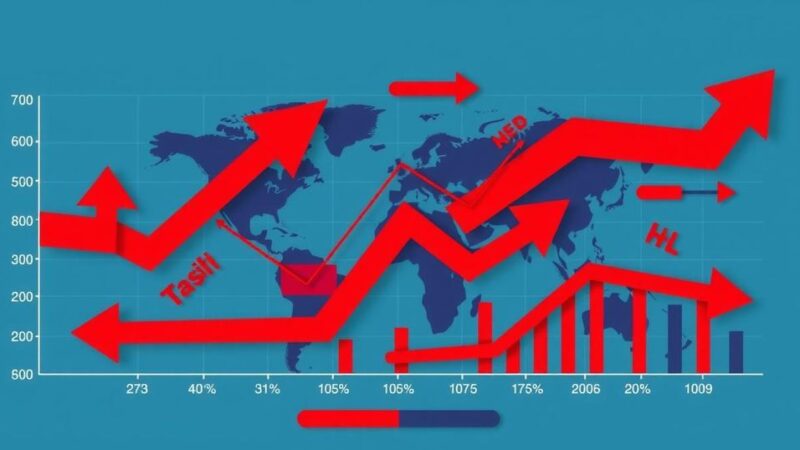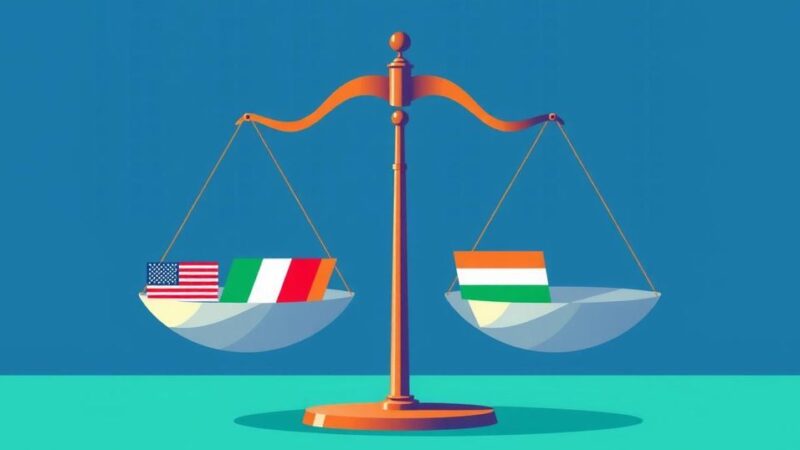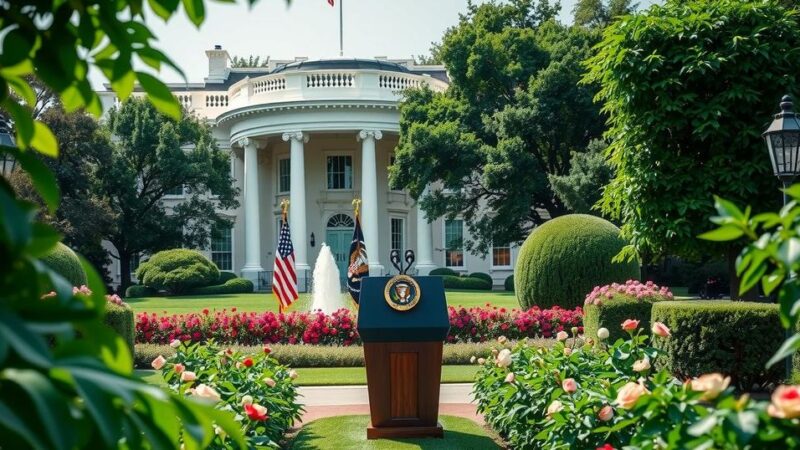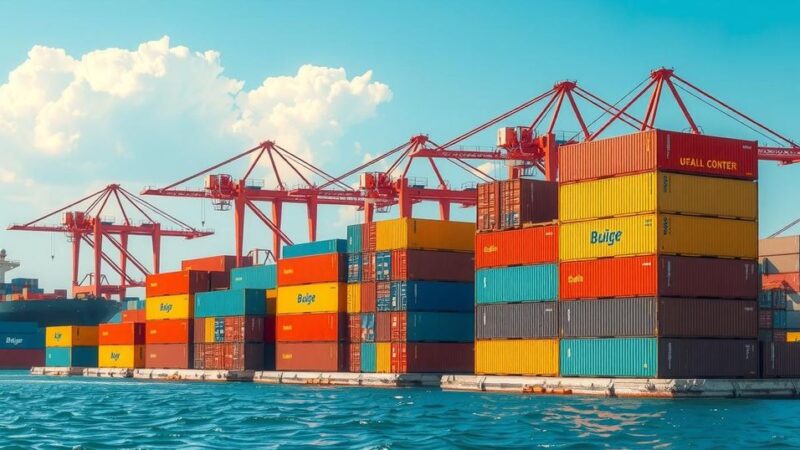Countries like Rwanda, South Africa, and Thailand are vying for Formula 1 races despite facing significant socio-economic challenges. The aspirations of these nations are complicated by poverty, limited tourism potential, and the historical context of motorsport. Hosting F1 races may divert public funds from essential services, sparking debates on priorities for development. A reevaluation of F1’s involvement in these regions could lead to more sustainable practices if approached with community benefit in mind.
The aspiration of nations such as Rwanda, South Africa, and Thailand to host Formula 1 races raises significant concerns regarding their socio-economic priorities. With pressing issues such as widespread poverty, inadequate infrastructure, and basic service lack, investments in Formula 1 seem misaligned with the needs of the populace. Although South Africa’s sports minister advocates for the return of F1, the repeated failure to secure funding underscores the complexities involved. Formula 1’s historical appeal in South Africa contrasts sharply with the absence of motorsport culture in Rwanda and Thailand.
Moreover, the financial landscape of hosting a Grand Prix remains daunting. Countries like Malaysia have previously shown that the costs associated with these events can outweigh the benefits, resulting in potential financial losses. Additionally, the limited potential for attracting international tourists from Europe calls into question the viability of such ventures. Considering the substantial public funds required, one must ponder whether governments should allocate resources towards a luxury for the affluent rather than addressing essential community needs.
If F1 and the FIA deem it essential to expand into less affluent regions, they ought to reconsider their approach. Abolishing race fees and reducing ticket prices for locals while investing in grassroots motorsport development could foster genuine interest and participation. This supportive method may offer a more sustainable rationale for incorporating Grand Prix events into these countries’ sporting calendars.
The conversation surrounding the inclusion of countries like Rwanda, South Africa, and Thailand in the Formula 1 calendar highlights a critical intersection of wealth distribution, government priorities, and the sporting culture of these nations. Formula 1, with its extravagant expenses, presents challenges for regions grappling with socio-economic difficulties. The disparity between the allure of F1 and the pressing needs of local populations raises questions about the appropriateness of hosting high-profile events in countries facing significant poverty and infrastructural deficits.
In conclusion, while the ambition to host Formula 1 races reflects a desire for international recognition and tourism, it must be weighed against the fundamental needs of the population. With poverty stricken areas requiring essential services, it remains pivotal for governing bodies to reassess the role of Formula 1 in these contexts. A shift towards community-focused investments and affordable access could transform the sporting landscape in these nations while fostering local engagement with the motorsport culture.
Original Source: www.gpblog.com
